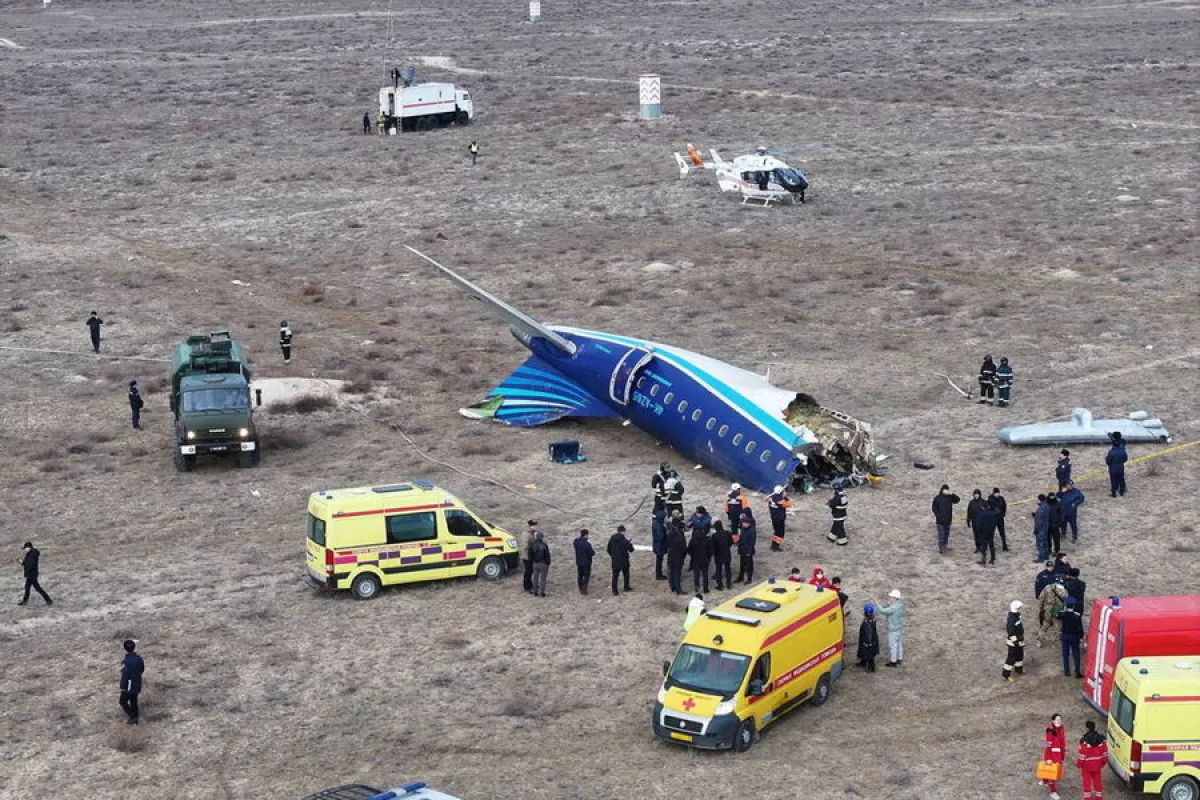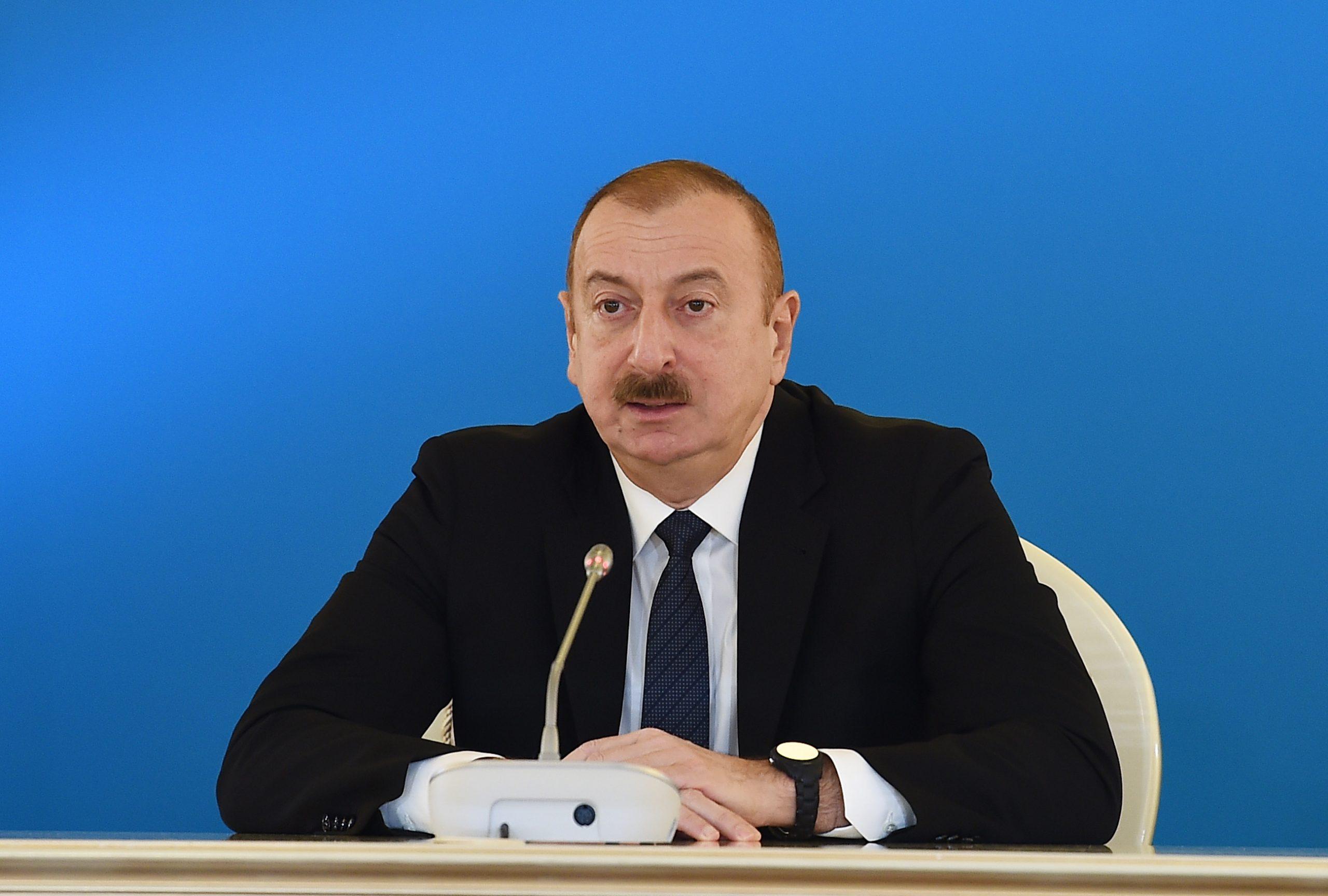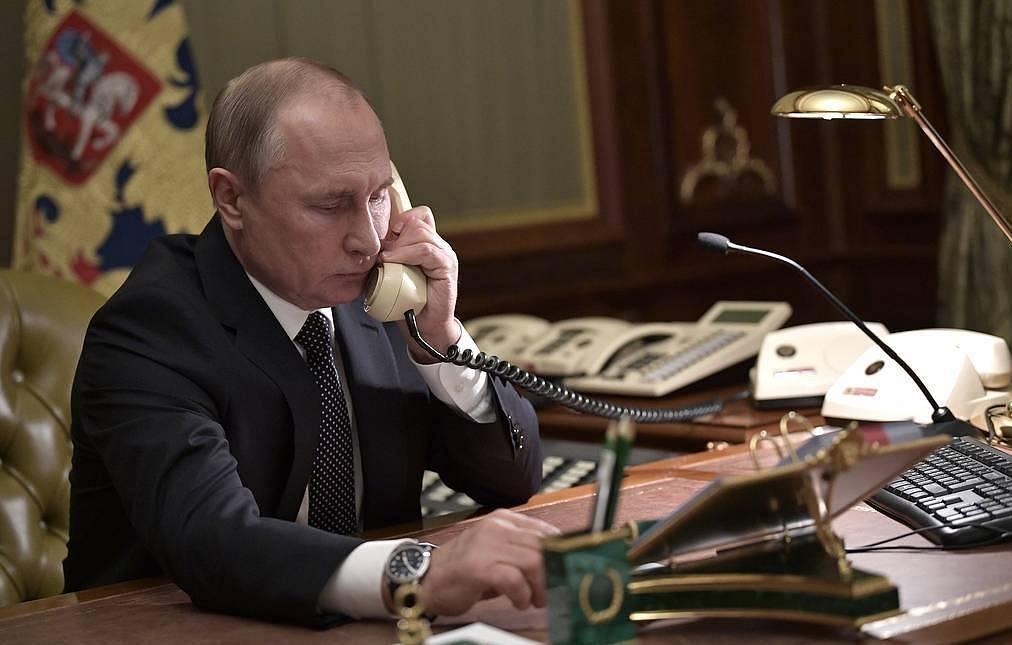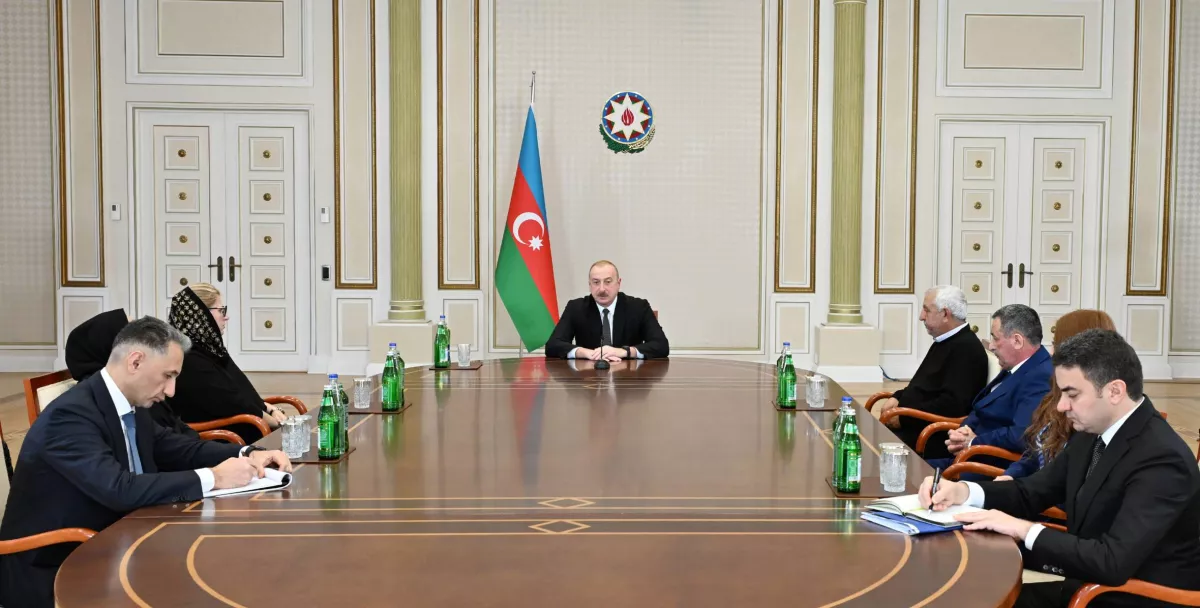AZAL plane crash: Russia evades responsibility Azerbaijan demands action, not excuses
Nearly six months have passed since the crash of the Azerbaijani passenger plane that occurred on December 25, 2024. To recap, the Azerbaijani Airlines (AZAL) aircraft, operating a flight from Baku to Grozny, went down near the Kazakh city of Aktau. Of the 67 people on board, 38 were killed, and 29 survived the tragedy.
As previously reported by Caliber.Az, preliminary findings of the investigation revealed two main causes of the disaster. First, the deliberate jamming of GPS signals in Russian airspace, which led to the loss of accurate navigational data and significantly complicated the crew’s ability to operate the aircraft. Second, the aircraft was struck by combat elements of a Russian Pantsir-S surface-to-air missile system, causing critical damage to the fuselage and control systems—ultimately resulting in the crash.

Immediately after the crash, Russian media began circulating absurd versions of events — ranging from a bird strike to the explosion of an oxygen tank on board. It was striking how the Russian information space launched a coordinated attempt to divert attention from the core issues to secondary ones — from causes to consequences.
However, from the very beginning, the evidence told a different story. Survivors reported suffering shrapnel wounds, and holes in the fuselage of the Embraer aircraft were consistent with damage caused by fragments from an air defence missile. Moreover, the Azerbaijani side had obtained shrapnel samples within hours of the AZAL plane going down — clear evidence pointing to a strike by a Russian Pantsir-S air defence system. At the same time, electronic warfare systems had completely disabled the aircraft's GPS navigation.
The flight crew had received no information from Russian air traffic controllers about any ongoing military operations or flight restrictions. Even when a Grozny air traffic controller belatedly received information about the activation of "Carpet plan," he failed to relay it to the crew. It was only due to the skill and coordination of the AZAL crew that 29 lives were saved — despite the near-total loss of control following the attack.
From the earliest days of the investigation, the situation was crystal clear to Baku.

On December 29, Azerbaijani President Ilham Aliyev stated in an interview with Azerbaijan Television:
“We have clearly expressed our demands to the Russian side. These demands were officially communicated to them on 27 December. What do these demands consist of? First of all, the Russian side must apologise to Azerbaijan. Secondly, it must acknowledge its guilt. Thirdly, those responsible must be punished, brought to criminal responsibility, and compensation must be paid to the Azerbaijani state, to the injured passengers and crew members. These are our conditions. The first of these was fulfilled yesterday. I do hope that the other conditions will also be accepted. All these conditions are fair. There are no extraordinary demands or issues here; all of this is based on international experience and normal human conduct.”
Indeed, on December 28, Russian President Vladimir Putin, in a phone call with Ilham Aliyev, initiated by the Russian side, apologised for the fact that the tragedy occurred in Russian airspace and expressed condolences to the families of the victims.
“During the phone conversation, Vladimir Putin expressed his apologies regarding the tragic incident involving an Azerbaijan Airlines passenger plane operating the Baku-Grozny route on December 25, which was subjected to external physical and technical interference in Russian airspace. President Putin extended his deepest and most sincere condolences to the families and loved ones of those who lost their lives in the crash and wished a swift recovery to the injured,” reads the statement from the Press Service of the President of Azerbaijan.
However, despite nearly five months having passed, the Russian side has yet to fulfil two of Azerbaijan’s key demands. This is all the more surprising given that Baku has itself set a clear example of honesty and political responsibility in similar situations.
For instance, Azerbaijan immediately acknowledged responsibility for the downing of a Russian military helicopter on 9 November 2020 — the country promptly apologised to Russia and paid compensation to the families of the victims. The same approach was taken following the death of Russian peacekeepers in Karabakh on 20 September 2023. In that case, during a phone call with Russian President Vladimir Putin, President Aliyev extended his apologies and expressed deep condolences.

Moscow has yet to acknowledge its guilt or hold anyone accountable for the tragedy involving the Azerbaijani aircraft. No compensation has been paid to the Azerbaijani state, to the injured passengers, or to the surviving crew members. And yet, the Russian investigation has reportedly identified not only the individual who fired on the civilian aircraft, but also the official who gave the order. In fact, our editorial team is aware of the names and ranks of those involved.
So what’s the holdup? Why are bureaucratic obstacles being created, and why is an objective investigation being delayed?
By the way, Russia employed a similar strategy in the case of the Malaysian Boeing. On 17 July 2014, a Boeing 777 operating flight MH17 from Amsterdam to Kuala Lumpur was shot down over Donetsk. All 298 people on board were killed. It was one of the deadliest air disasters in history and triggered an international investigation — one that was met with a widespread disinformation campaign by Russia. The Hague court ultimately sentenced three individuals in absentia to life imprisonment: Igor Girkin (Strelkov), Sergey Dubinsky, and Leonid Kharchenko.
In November 2022, the District Court of The Hague ruled that the aircraft had been downed by a Buk surface-to-air missile system deployed in territory controlled by the so-called “DPR,” and that the separatist leadership was under the control of Russian officials.
Unfortunately, in the case of the Azerbaijani aircraft, Russia is acting in much the same way: deflecting attention, stalling the investigation, and disregarding demands for accountability. It is becoming increasingly clear that Moscow is not only trying to quietly bury the case but also to erase it from public memory altogether.
Azerbaijan, for its part, continues to insist on concrete action. The state and its people demand that those responsible be brought to justice.

On January 6, 2025, during a meeting with the families of the deceased crew members and the surviving flight attendants, President Ilham Aliyev stated:
“I can state with full certainty that the responsibility for the deaths of Azerbaijani citizens in this tragedy lies with representatives of the Russian Federation. We demand justice, we demand the punishment of those responsible, and we insist on full transparency and accountability in this matter. Human decency and ethical conduct must prevail.”
He also noted that the black boxes are currently being analysed:
“I am confident that the preliminary results will emerge soon, shedding light on the full details of this tragedy. This will be a crucial step in fully understanding what happened and ensuring that those responsible are held accountable.”
Azerbaijani law enforcement agencies are in regular contact with their Russian counterparts on a monthly basis, but there have been no results. Despite the fact that everything is already clear — both the individuals who gave the orders and those who fired are well known — the latest developments have not contributed to creating a healthy atmosphere around uncovering the primary cause of the crash of the Azerbaijani airliner.
If Russia is genuinely interested in maintaining the trust of Baku, it must hold those responsible accountable. Otherwise, bilateral relations could enter a phase of deep crisis.








